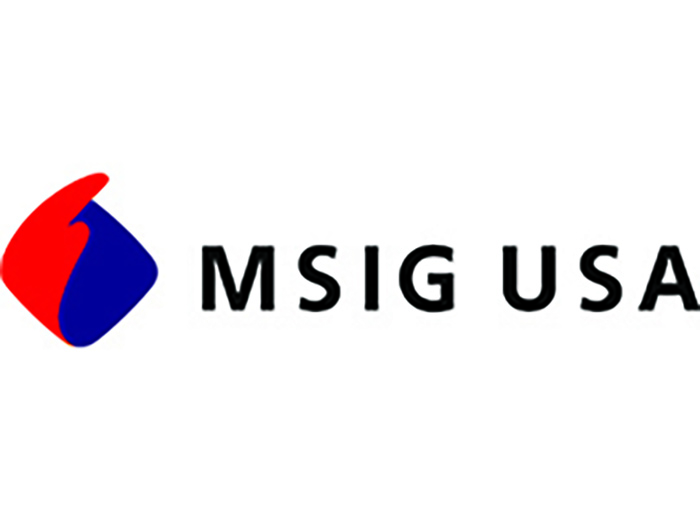This Recent Indictment Shows How Deep U.S.-China Tensions Run, Revamping Worries Over Supply Chain Risk

The FBI announced this week that U.S. attorneys indicted Chinese tech giant Huawei with several charges, including bank fraud, conspiracy to defraud the U.S. and theft trade.
The decision comes after a long-list of events straining the relationship between the two countries. (One recent event: the U.S. recently asked Canada to detain and expatriate Huawei’s CFO, who happens to be the daughter of the company’s founder, Ren Zhengfei, a former military engineer with believed links to the Chinese government.)
The charges further illustrate the escalation of supply chain risks as result of tensions between the world’s largest economies as well.
War by Other Means: This new friction is by no means a new trend; the FBI has been building its Huawei case for over a decade, and complaints about China’s trade practices have been common long before President Trump imposed a rash of sanctions on Chinese goods.
But it seems to be turning more serious as China’s technological prowess creates new challenges for the West. The U.S. government has issued warnings that call Huawei and another tech giant, ZTE, threats to national security.
China is seen as one of the most active state sponsors of hacking, and accusations of intellectual property theft by Chinese companies are common. A bill is being drafted by Congress to strengthen oversight on international supply chains, to combat patent theft and to counter cyber warfare. China, it seems, is the obvious target of such rules.
Reaching New Heights: The confrontation is taking cyber and supply chain risks to a whole new level. In October, a spectacular exposé by Bloomberg revealed a highly sophisticated scheme involving several facilities. According to the report, the Popular Liberation Army is accused of infiltrating the IT systems of several multinational companies by secretly inserting a spy chip on the motherboards of critical hardware purchased by companies around the world.
Among the infected companies were, allegedly, Amazon and Apple.
All parties involved have denied the report, but the authors stand by it. You can learn more here: The Big Hack: How China Used a Tiny Chip to Infiltrate U.S. Companies
What’s at Stake for Other Companies: It sounds like a recipe for a good spy thriller in the digital age, but the case has real implications for global companies.
On the one hand, it reinforces long-standing concerns about intellectual property and cyber risks for firms with strategic presences in China. Companies like Huawei and ZTE have long shed the stereotype of being sources of cheap labor, instead banking on a reputation where they are able to provide high technology products that cannot easily be replaced and are vital for companies throughout the world.
On the other side, supply chains that rely on Chinese providers face the prospect of significant disruption as they are caught in the middle of a shootout between the world’s most powerful countries. The close relationship of China’s most dynamic companies with the Communist Party and the PLA raises the prospect of doing business with critical partners, whose agenda goes beyond creating value for shareholders. And China’s relentless quest for global technological leadership fuels concerns that IP theft and technology transfer are firmly enshrined in such agendas.
Looking for Options: That said, as a result of rising costs, U.S. tariffs and a slowing Chinese economy, companies are increasingly looking for options to reduce their supply chain exposure to the Middle Kingdom.
But it will not be easy. A survey by Qima, a consultancy, found that at the end of 2017 China is one of the three main sourcing destinations for 89 percent of the American companies interviewed. &










